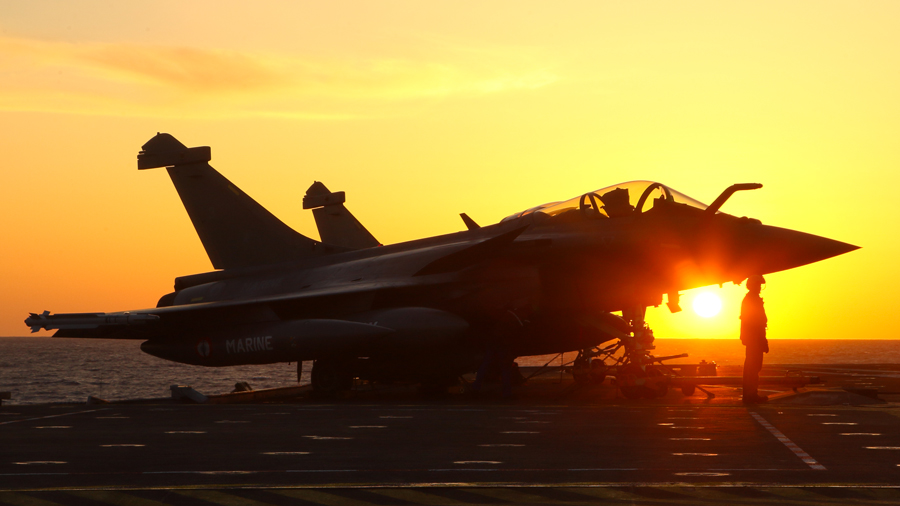Dynamics of aircraft flight
Systems – human factors
Space systems – “HyPrSpace
With air traffic doubling on average every 15 years, the number of passengers carried by air is set to reach 8 billion by 2036, and to exceed the world’s population by around 2050 – a considerable challenge in terms of energy use and environmental impact.
The “Flight Dynamics” theme focuses on improving aircraft performance, both at the design stage and in operational use, particularly during the cruise phase.
The work of the
“Aircraft Flight Dynamics” team
team is based in part on research previously carried out by ELISA Aerospace’s research faculty, in particular :

PUBLICATION
Ghanem, Akram & Habchi, Charbel & Lemenand, Thierry & della Valle, Dominique & Peerhossaini, Hassan. (2019). Mixing Performance in Split-And-Recombine Milli-Static Mixers – a Numerical Analysis. Chemical Engineering Research and Design. 142. 10.1016/j.cherd.2018.12.010.
The increasing automation of aerial vehicles and the growing need to operate them remotely are creating new challenges in terms of system design, where the human element must be included as early as possible in the design process. This is where the Human Factors Systems team comes in, with a thesis on the design of interfaces and displays inside a drone cabin launched at the start of the 2020 academic year. This research, conducted in partnership with ESTIA in Bidart, is part of the new “ISAE-Nouvelle Aquitaine” Alliance, of which ELISAAerospace is a member.
Having completed my entire engineering curriculum at ELISA Aerospace, I wanted to continue my studies after graduation with a doctoral thesis.
My research focuses on understanding and improving exchanges between an operator and a drone through the design of piloting interfaces. This doctorate is a perfect continuation of my studies at the Ecole Centrale Paris.
Since September 2020, ELISA Aerospace has been hosting the start-up HyPrSpace (Hybrid Propulsion for Space).
“start-up HyPrSpace (Hybrid Propulsion for Space)
on the Bordeaux campus. This team is made up of one teacher-researcher and two research engineers.
Hybrid Propulsion for Space (HyPrSpace) aims to develop a
objective is to develop a hybrid space propulsion system
with the same operational capabilities as liquid propulsion without the associated development and production costs, and the same robustness as solid propulsion without the associated pyrotechnic and chemical constraints.
The first hybrid thruster developed by HyPrSpace is expected to deliver thrust of around 3 tons of thrust enabling the launch into orbit nano and microsatellites around the Earth.
EUCASS is the world’s largest aerospace conference, bringing together every two years the major European universities, Europe’s major research players (agencies, manufacturers, research centers), as well as representatives from Asia (China, Korea, Japan, etc.):

EUCASS 2021 will be an opportunity to renew direct scientific contacts and present results and proposals for tomorrow’s aeronautics and space in a world under pressure to change.
This edition has received the support of the Association Aéronautique et Astronautique de France (3AF), and will be produced in partnership with the Aér’Hauts-de-France, Normandie Aerospace and Skywin clusters for Belgium. This four-day conference, from July 4 to 9, 2021, will be held at Lille Grand Palais, the convention center located in the capital of the northern region of Hauts-de-France.
For further reading :
The GREENER theme formed the core of the AEC 2020 conference, held in Bordeaux from February 25 to 28, 2019. This first edition of the conference focused on “Innovative technologies and operations for greener aerospace and a people-friendly environment”.
Organized by 3AF, supported by Clean Sky 2, ESA, SESAR and co-hosted by CEAS and AIAA, the conference offered scientists and engineers from industry, government and academia a unique opportunity to exchange knowledge and results from ongoing studies, and to discuss future research directions in the aerospace field.
For participants, it’s a unique insight into global research efforts to reduce the environmental impact of aerospace activities.
A final-year engineering student at ELISA Aerospace presented a research paper on modeling the spin of a light aircraft. This work was carried out during an internship at the Federico II University of Naples, with which ELISA Aerospace has close ties.
For further reading :













114 allée des charbonnières
33127 Saint Jean d'Illac
06 48 95 76 72
contactbdx@elisa-aerospace.fr
48 rue Raspail
02100 Saint-Quentin
03 23 68 06 11
contact@elisa-aerospace.fr